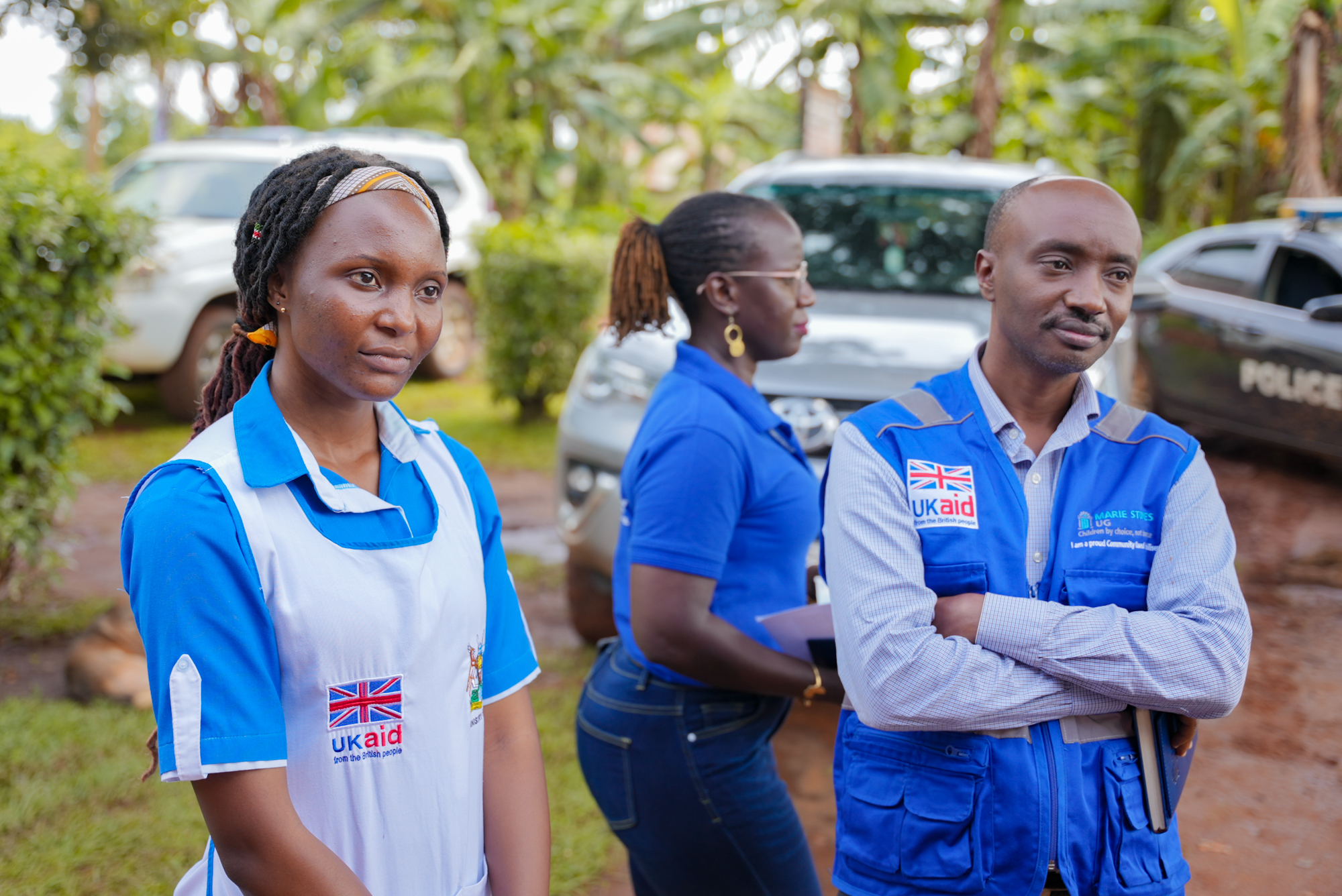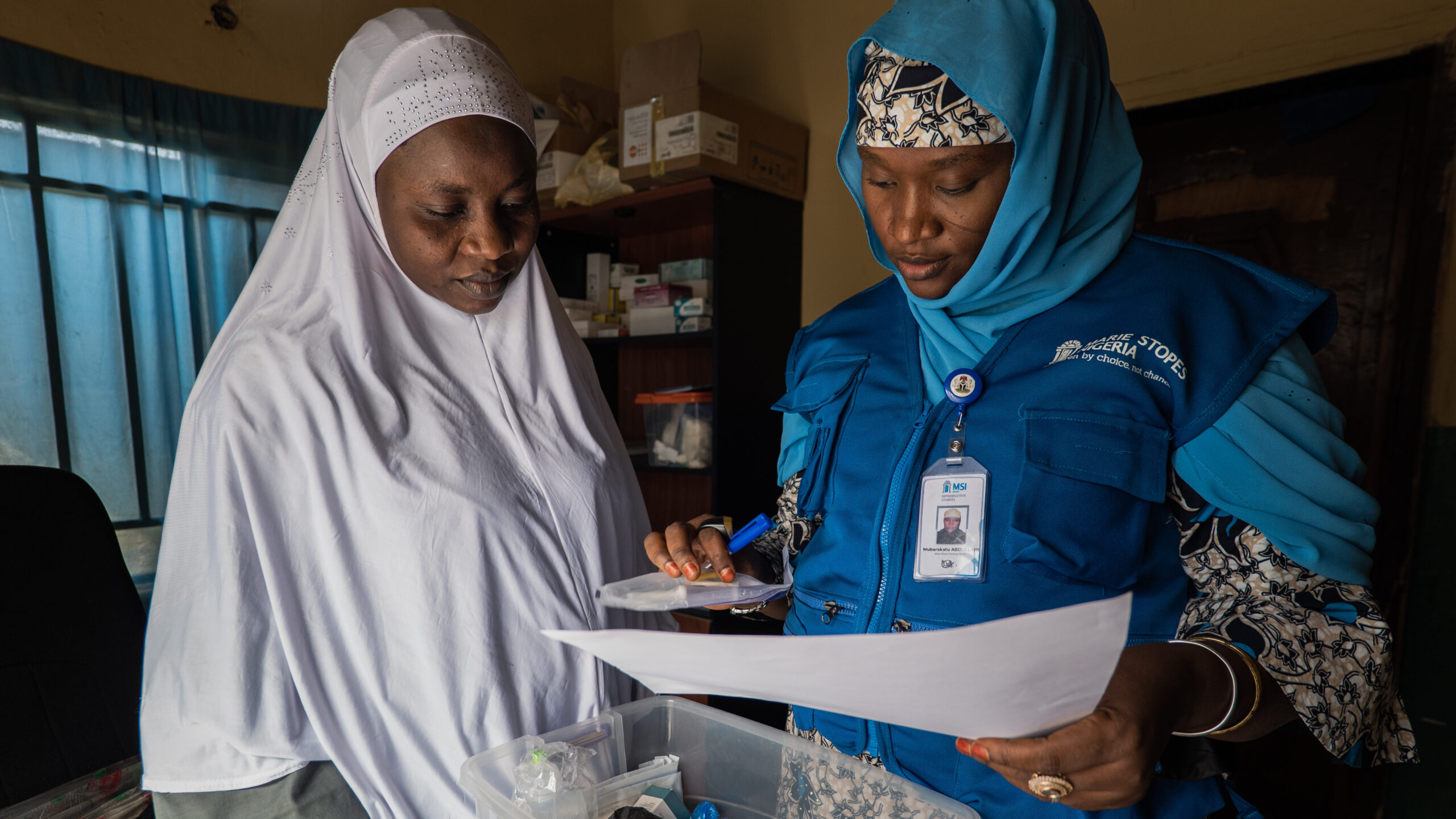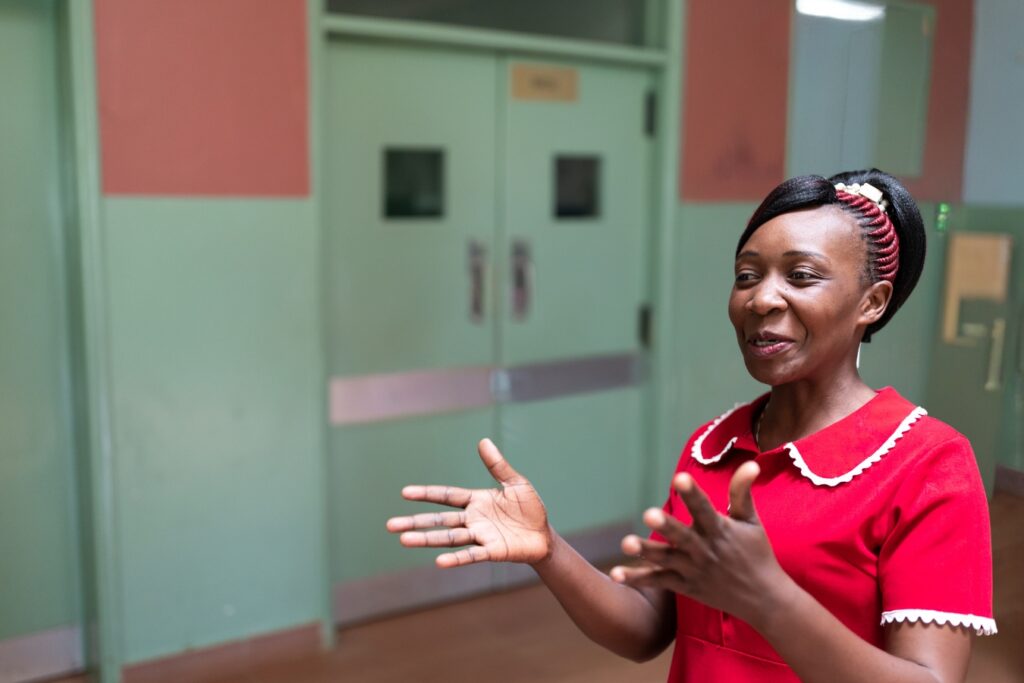
If we are to realise a world where everyone has reproductive choice, holistic partnerships across the health system are essential.
In Uganda, our government partnership programme has shown that together, we can transform access to contraceptive choice.
We know from our global programmes that for many people, their closest, affordable provider of sexual and reproductive healthcare will often be a public sector facility. However, the services on offer can be limited.
By working closely with Ministries of Health and district health authorities across 19 of MSI’s country programmes, we have delivered training to public sector providers, established quality assurance mechanisms, and advocated for a supportive environment for reproductive healthcare, through changes to legal and clinical policies and effective supply chain management.
In the programme I lead in Uganda, this work has been vital. In Uganda, 1 in 3 women who are looking to use contraception have no access. Amongst women who are using contraception, 59% accessed their service from a public sector facility and the majority of these women (60%) accessed a short-term method[i]. Due to training and commodity supply issues, often only short-term forms of contraception will be offered, limiting choice for clients.
Partnering with government to expand choice of methods
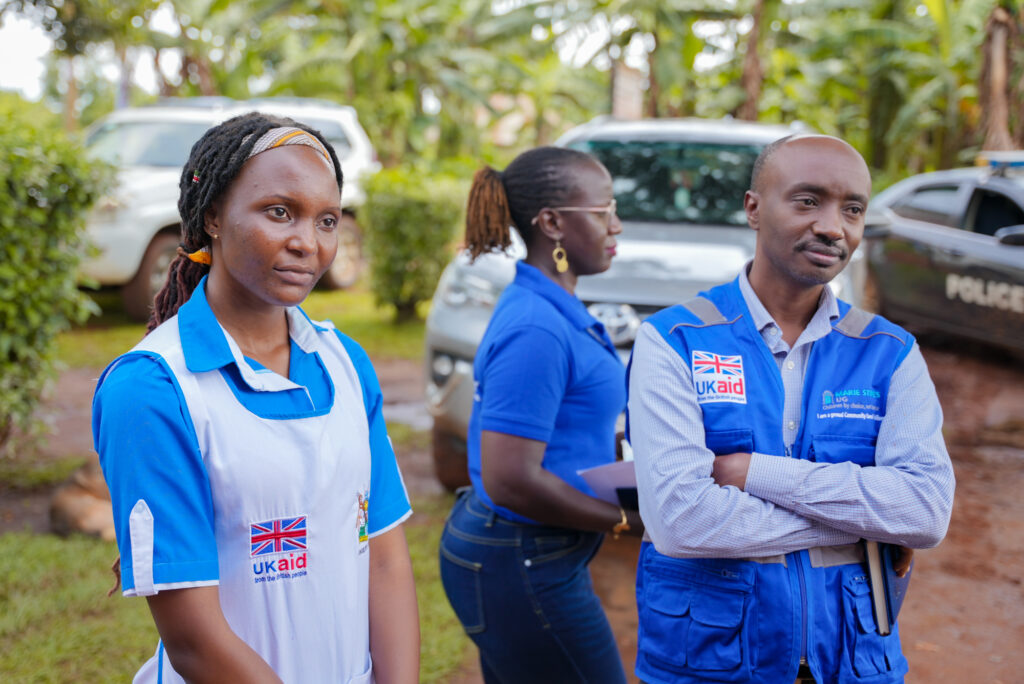
To expand choice for women in Uganda, we partnered with government to change this. By engaging stakeholders across the health system, including the Ministry of Health, district offices, facilities and providers, we were able to identify existing skills gaps and challenges in contraceptive provision, to design a programme that aligns with the needs of the government.
At a district and facility level, we delivered provider training focused on long-acting reversible contraception and partnered with the Ministry of Health to cascade this through the Uganda Health System via ‘training of trainer’ sessions. Through the One Facility, One Warehouse initiative, we worked with the Ministry of Health, National Medical Stores and district leadership to streamline commodity distribution from a single national warehouse. My teams provided training in facilities and district offices on stock management software, quantification, forecasting and ordering, so that facilities have the commodities they need to offer a full range of methods.
One government provider in Bunyangabo shared: “MSI Uganda have taught us effective stock taking. We know how much we need and what we are using, so we don’t get stock-outs.”
Supporting data-driven decision-making
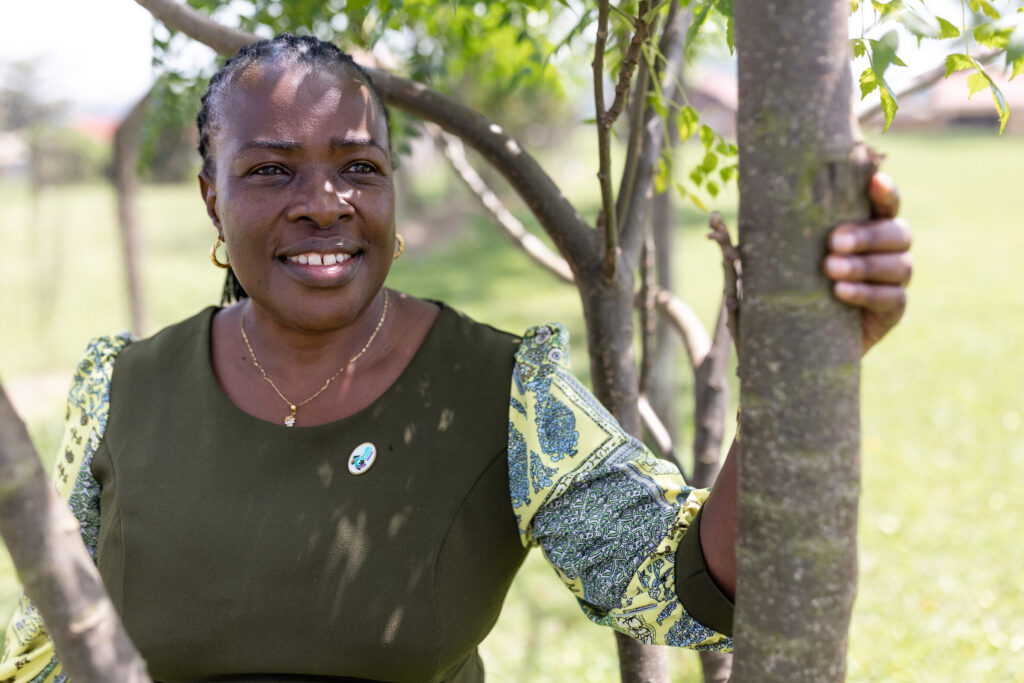
With health systems strengthening work, services cannot be delivered in isolation. For equitable access to sexual and reproductive health and rights, we need an entire health system that’s supportive, including across policies, budgets, supplies and human resources. We have found that MSI’s data and approaches to data management can play a role in getting there.
To support data-driven decision making, we partnered with the Ministry of Health to improve their data verification processes, so that service delivery can be accurately tracked, and gaps and solutions can be identified. The Ministry of Health’s Management Information Systems (MIS) team now conduct regular data verification activities and data review meetings at the district level to inform planning.
By sharing our own data, we can also enable effective decision making on supply chain and logistics management, work planning and budget cycles. For example, by improving the quality of data provided in the Uganda Health Management Information System, our team were able to demonstrate at a district level how facility productivity could be improved with greater staffing and resources.
400,000 clients supported with contraceptive choice in 2021
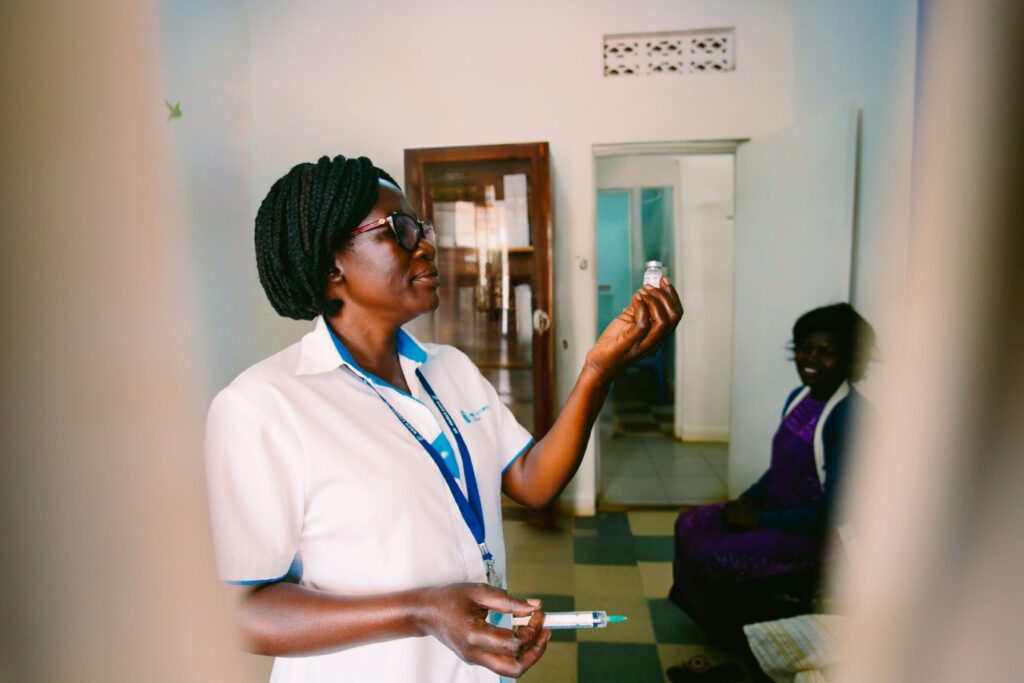
By focusing on cascading training and setting up the right quality assurance and supply chain mechanisms across 95 Ugandan districts, we have supported 515 facilities to deliver high quality services. These facilities supported over 400,000 clients in 2021, with over 8 in 10 clients from a community often left behind by healthcare systems. By partnering with government, we have increased adolescent awareness of services, meaning that nearly one in five clients (17.2%) supported at a public sector facility in 2021 were adolescents – far exceeding the national benchmark of 10%.
Crucially, the impact on choice is clear: across the supported facilities, more clients than ever before (9 in 10) reported that they received counselling on a full range of methods and in 2021, 85% of clients opted for a long-acting form of contraception from the expanded choice available. As one government provider in Bunyangabo shared, “these trainings have helped us improve our services and the quality we offer our clients. We can now counsel on and provide any method confidently and clients are able to select any family planning method they want.”
We know there is plenty of learning ahead in our public sector partnership work. For example, in Uganda, we continue to provide support moving stock between facilities, while we transition to independent stock management by districts. However, by learning from our experiences, and through the continued sharing of data and insights, we are hopeful that we can increase access to quality healthcare and choice in a way that is collaborative and sustainable.
In 2021, MSI worked in partnership with governments, civil society organisations and implementing partners to support over 19.4 million people to access healthcare across the 37 countries that we work in. This includes over 5 million clients reached via our public sector partnerships alone. What our national and global data shows is that it is only through partnership that we can realise a world where reproductive choice is a reality for all. We look forward to continuing our work with national governments and district teams to get there.
This article is by Dr. Carole Sekimpi, MSI Reproductive Choices’ Country Director for Uganda
It only costs £6 per year – or 2 pence per day – for MSI to provide someone with life-changing reproductive healthcare, giving them the power to decide if or when to become pregnant. This reproductive choice helps keep girls in school, supports women to lead, and helps build more equal communities. Support our work to enable reproductive choice globally.
[i] All Ugandan national data is taken from the latest DHS data set (2016)







